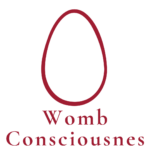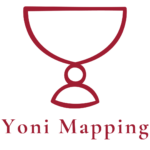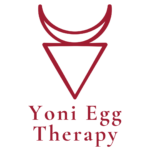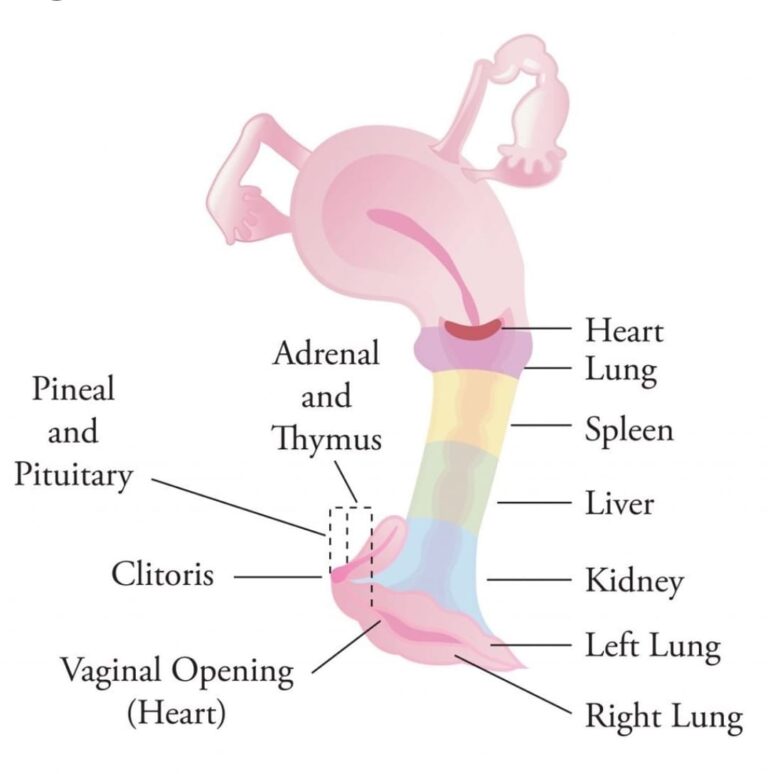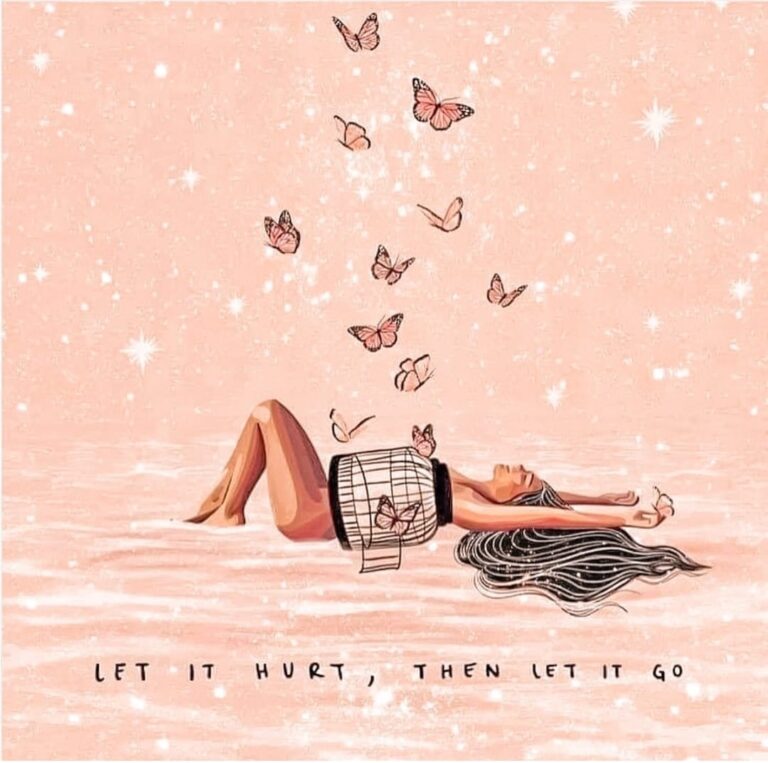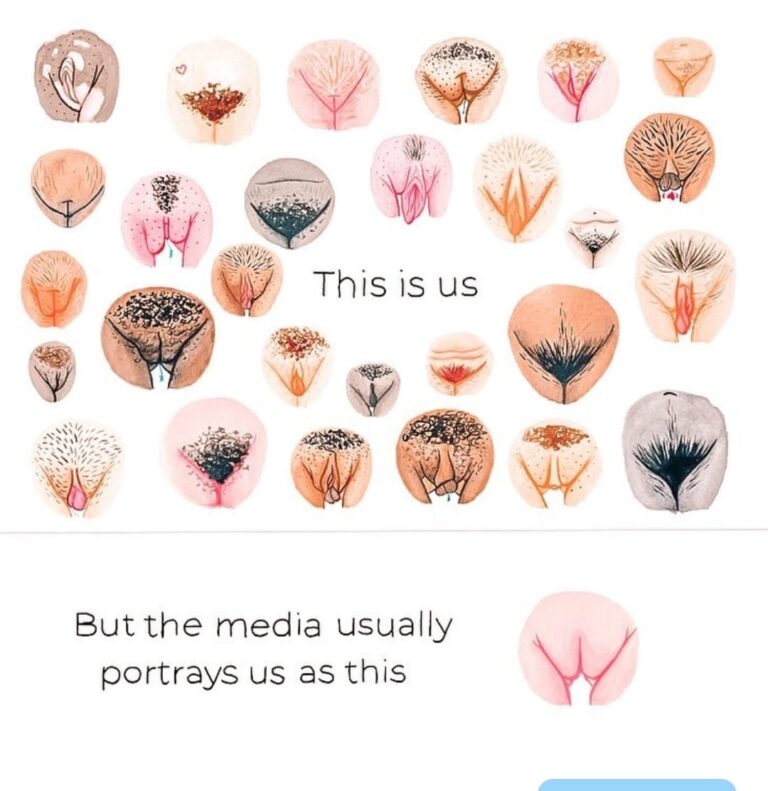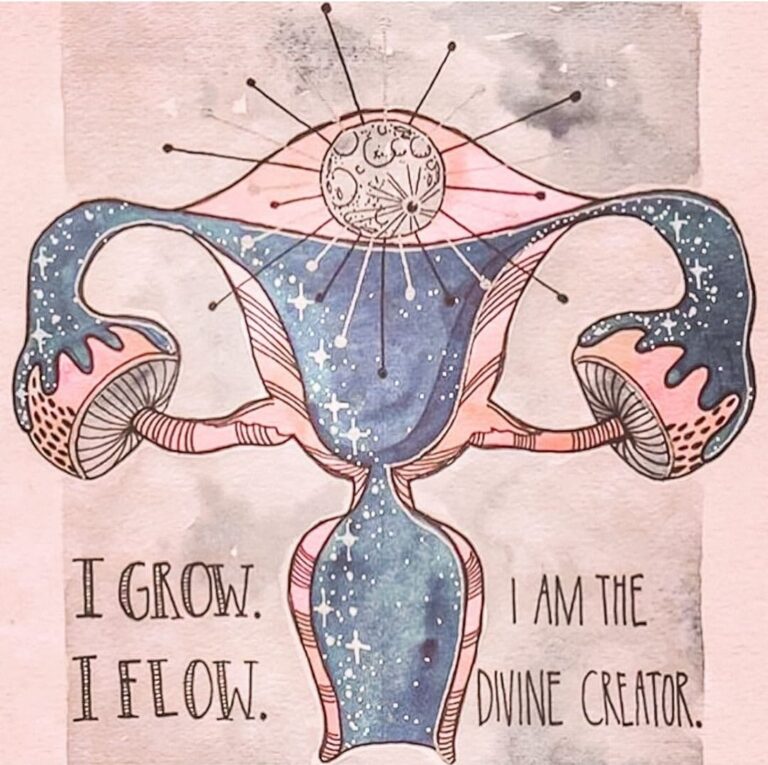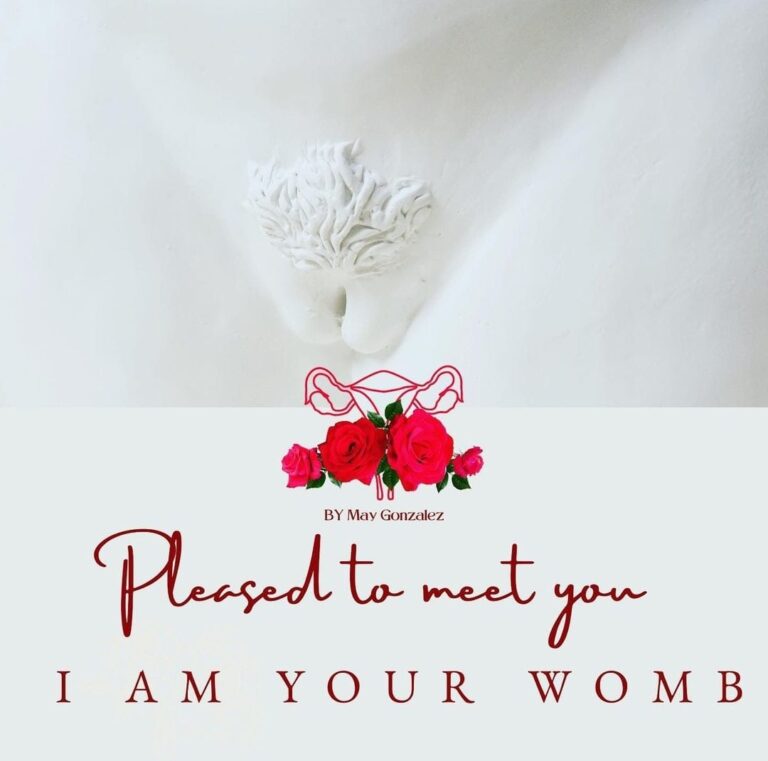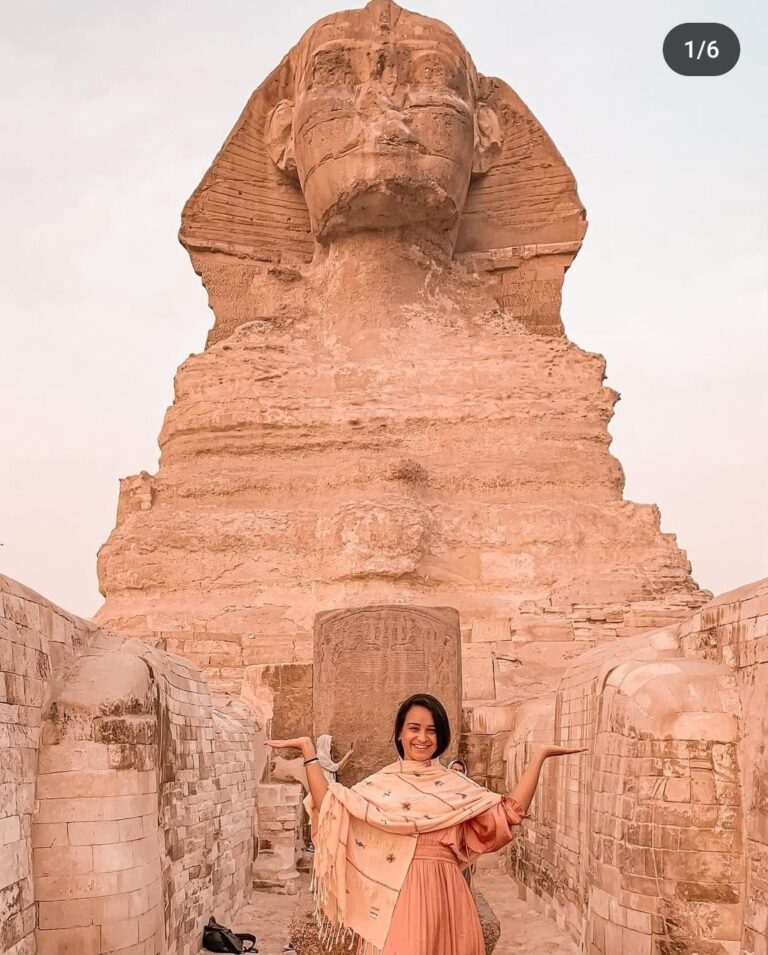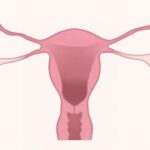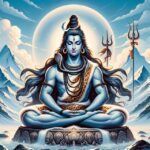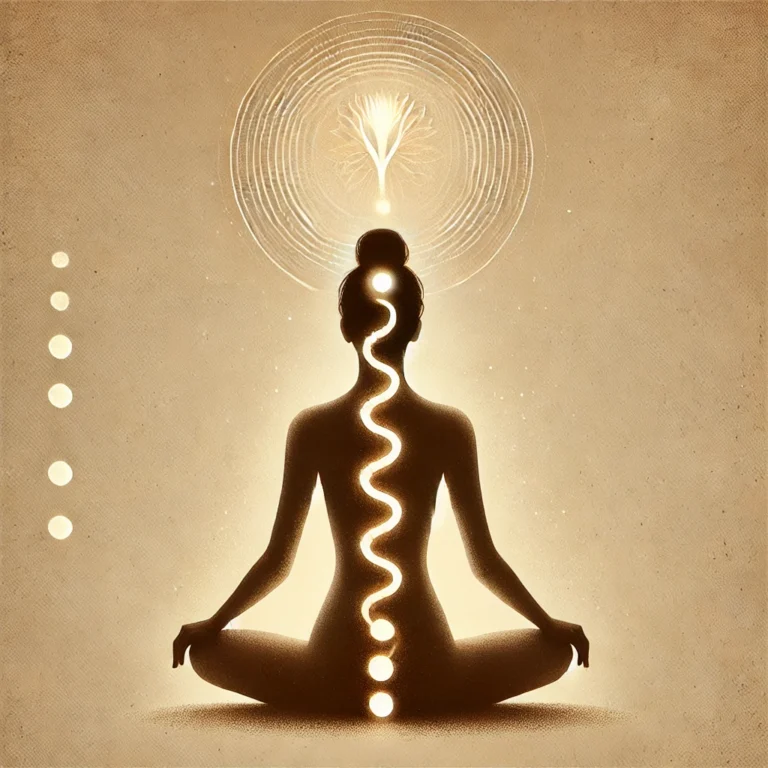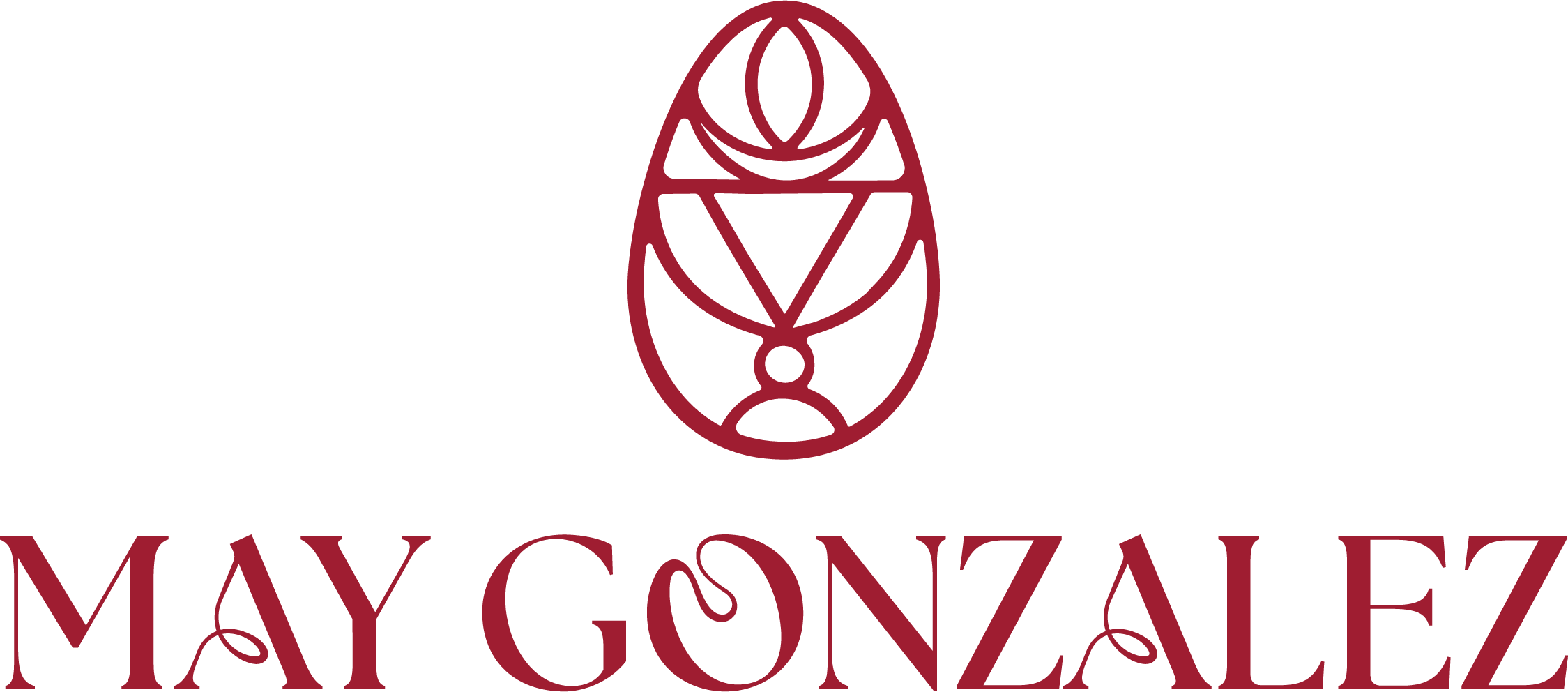Menstrual cycle is an expression used to talk about the monthly cycle (which goes from the first day of menstruation until the first day of menstruation of the following month), this is your cycle, which varies the number of days for each person .
Every woman has her cycle
We are cyclical. This means that throughout our menstrual cycle, we go through phases. And if you know these phases and observe yourself, you can organize your schedule according to your behaviour in each phase. Knowing your menstrual cycle is a powerful tool for autonomy and empowerment.
Observe your body
Observing your menstrual cycle is like consulting a map. Whenever I go to a new place, a region I don’t know, I access Google maps to get my bearings, see the landmarks, to make my journey easier, or I take advantage of technology and use my cell phone’s GPS. A map makes it much easier for us to know which route to take.
Understanding our personal cycle, how we function in each phase, is like having a map to learn to better relate to ourselves, with our moments of strength and vulnerability. It’s knowing how to pause to gain strength. It’s about acting to achieve.
How can I track my menstrual cycle?
To start tracking your menstrual cycle, it’s simple, separate some pages or a notebook (preferably) and start writing down from the first day of menstruation (write down the date), how you feel emotionally and physically, your dreams, the phase of the moon, and how your health is.
Ideally, you should make this observation and note for at least six cycles. But with three cycles mapped out, you can now observe your behavioral patterns at each phase. Seeing the repetitive patterns of each phase is a process of self-observation so that you become aware of who you are and who you want to become.
This way you can always recalculate the route. How about starting your map with your next period?
I can teach you as well, talk to me!
With love,
May Gonzalez
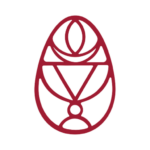
When combined, somatic sexology and womb medicine create a holistic approach to sexual and reproductive health, often empowering individuals to reclaim their bodies, heal from trauma, and foster a deeper connection with their own sexuality and creative life force. This integrative practice can be particularly beneficial for those dealing with issues like sexual dysfunction, menstrual irregularities, fertility challenges, or trauma related to childbirth, sexual abuse or abortion.
Self-knowledge is a chain of information about ourselves, and as we delve deeper into ourselves, we expand the way we connect with our source of inspiration and vitality.
